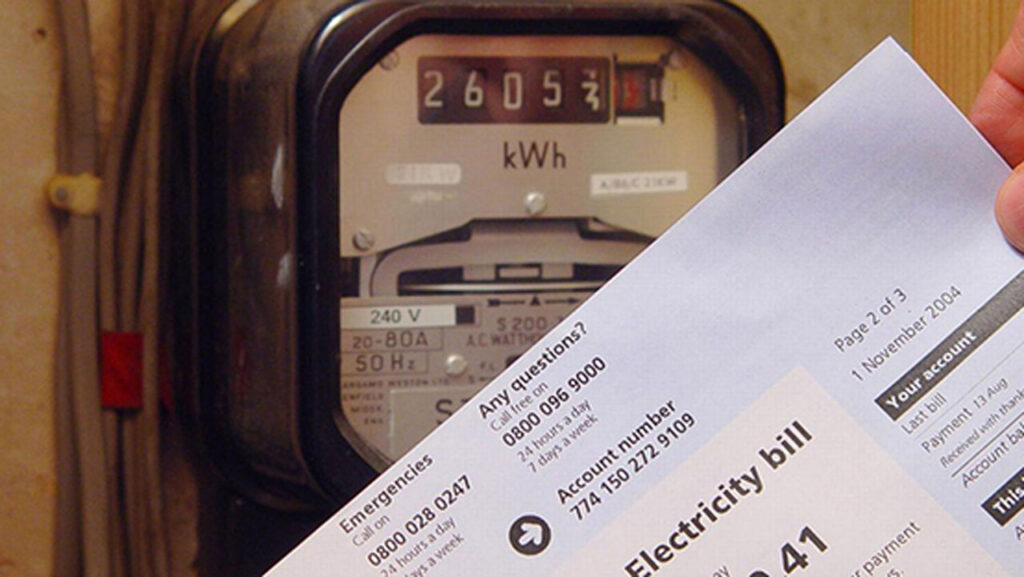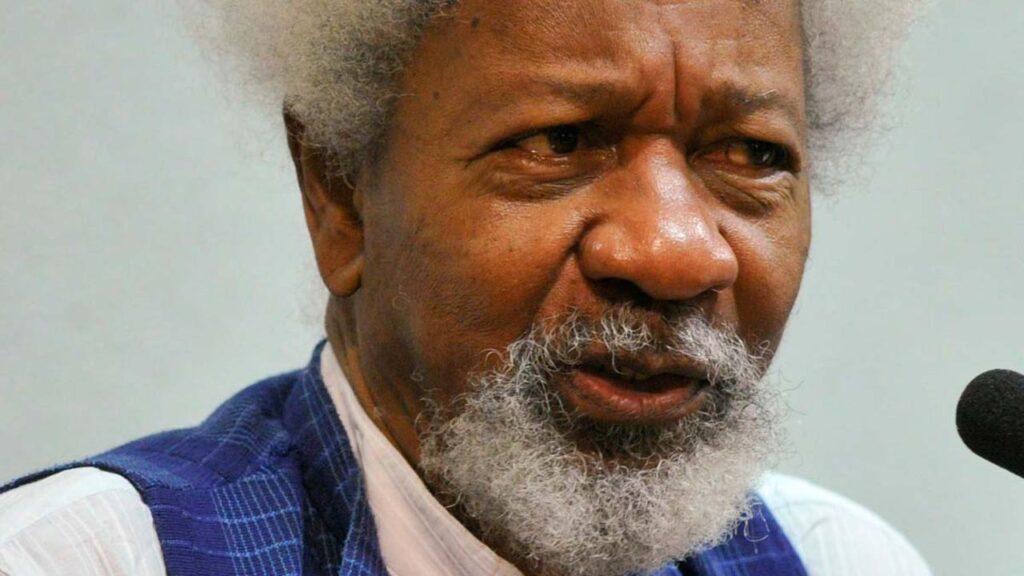
The National President of the Cocoa Farmers Association, Komorede Adeola Adegoke, has raised concerns that the Nigerian Government is yet to take advantage of the new dawn of the goldmine in cocoa prosperity, which can recreate the nation’s economy.
He said, based on the reality of existing cocoa prices worldwide, there is no doubt that farmers are now smiling all the way to the banks, in contrast to previous years when they were wallowing in poverty.
He spoke at a weekend roundtable of cocoa sector stakeholders on Nigeria’s readiness to comply with the EUDR by the National Cocoa Management Committee (NCMC) held in Abuja. Speaking on the sidelines of the roundtable, he said there is a need, based on Nigeria’s richness in cocoa, for the government to develop a special interest in cocoa, which is currently the highest foreign exchange earner, at N11 million per ton. He said that with this, criminality in the forests could be ameliorated by the cocoa economy.
“If we are selling a ton of cocoa for N11 million presently, it shows the potential that the forests we are still battling with can bring, as insecurity can be ameliorated with the cocoa economy.
“So, that is why we believe Nigeria cannot look away. And in those olden days, when we had professors, they were the children of cocoa farmers. Wealth was synonymous with cocoa farmers when Nigeria was a leading producer. But when oil came and distracted the government, cocoa farmers became poor.
“But something happened in between. And that is why we say, yes, this is an opportunity for Nigeria. Because the problem we are having is that we are facing issues with production. What we are facing are issues with forests. Cocoa can solve some of these problems. When we preserve more forests, Nigeria makes more money. When Nigeria makes more money, we can invest more in production.
“So, cocoa is a game-changer; it can change the narrative from a consumption economy to that of a production economy. With the excitement we are witnessing today with the cocoa economy, with the prospect of getting a ton of cocoa at N11 million, which is unprecedented, I wonder if anybody will resort to cybercrime. I don’t know how you can surpass this kind of money-making treasure.
“So, this is a game-changer for the government to invest more in the system, invest more in the lives of cocoa farmers, empower their livelihoods, create productions, and encourage our youth to venture into it. Let’s support our existing farmers. Let’s create backward integration whereby Nigeria will not only export raw materials; currently, we export about 90% of our cocoa raw. We don’t need that. We need to create jobs. We need to kick-start our economy.
“We need to ensure that we support processing. We need to ensure that the byproducts of our cocoa, through value addition, are very important. These are important things that we can invest in seriously.”
“Ghana today relies more on the cocoa economy. No doubt about that. Don’t forget that originally, Nigeria was almost the largest producer of cocoa, and today, where are we? And we can’t continue like this.
“I can tell you, with what we’re experiencing in the cocoa economy today, it’s a prospect for the government. It’s a win-win situation for the farmers, for the valuation operators, for the industry players; the government will make more money, and the state and local governments will also make more money.
“It creates jobs, and it’s an exciting opportunity for youths because youths want to be convinced that they can make reasonable money. With this, I wonder how much you’ll be making as a cybercrime advocate. If you have three tons of cocoa, you are already talking of N33 million. And I think this is an eye-opener.
“It gives a future for our country, and this can actually readjust our economy and reawaken our GDP and make our country function well and solve the problems of our forests.”
On the issue of Nigerian cocoa not meeting the EU standard, he said at the World Cocoa Conference held in Brazil in 2024, for the first time in the history of the conference, the living income became a big priority.
“As of today, a living income has become a fundamental right, just like we have child labour as fundamental issues that you cannot deprive any child of their access to education. You can’t burden a child with heavy loads, and you can’t have children who are supposed to be in school working for you. It is a crime.
“Likewise, we are having a living income for our farmers. You cannot just be buying irresponsibly and expect a responsible cocoa economy. So the highlight was that a decent price, a living price for our cocoa, as a right of every farmer.
“So, it shows that farmers will now be encouraged to adhere strictly to good practices.
“Let me tell you, when Nigeria was known to produce the best cocoa in the whole world, ahead of Ghana, it was the same scenario where our farmers were making more money.
“People have reasons to invest more when they make more money; it’s an incentive. But the moment you are not making money from it, the incentive is not there.
“It is because of this demoralisation that farmers suffered that has affected our compliance. But I can tell you that with this level of what we are asking for, everybody is ready to do the necessary thing.
“You apply your pesticides and fertilisers reasonably by making sure you don’t oversaturate your farms with chemicals that leave residues.
“There are a lot of issues, and I said Nigeria must start to invest in capacity building. Do we have extension workers? How many extension workers do we have? They are not there when you make a comparison with the old days.
“We had extension workers who had motorcycles, but go to most of these ministries today, there were no extension services. The job of an extension worker might be one to fifty farmers. Do we have that? We don’t have that.
“That’s why I say the government should invest in cocoa. It means the government will invest in research and development through the Cocoa Research Institute. The government must also invest in inputs for farmers that are subsidised.
“In terms of seedlings, there are varieties that yield within 18 months. They give one and a half or two and a half tons per hectare.
“These are issues. For example, Nigeria is falling behind about 300 to 400 kilograms per hectare. Where we are supposed to be producing close to 800 kilograms per hectare. You know that we are losing.
“So this is exactly what we need, capacity building, we need investment. And like I said, why are our factories not working? Why are we exporting at a 90 percent rate? We can’t continue. Why are our youths jobless when we have raw materials that can do all these things?
“With the cocoa economy, we can’t be talking about forest crises; we can’t be talking about inflation if we are not engaging in backward integrations. And what about the by-products? What are we doing in value addition on some of these things? These are critical and essential to uplift every community associated with cocoa production.”











